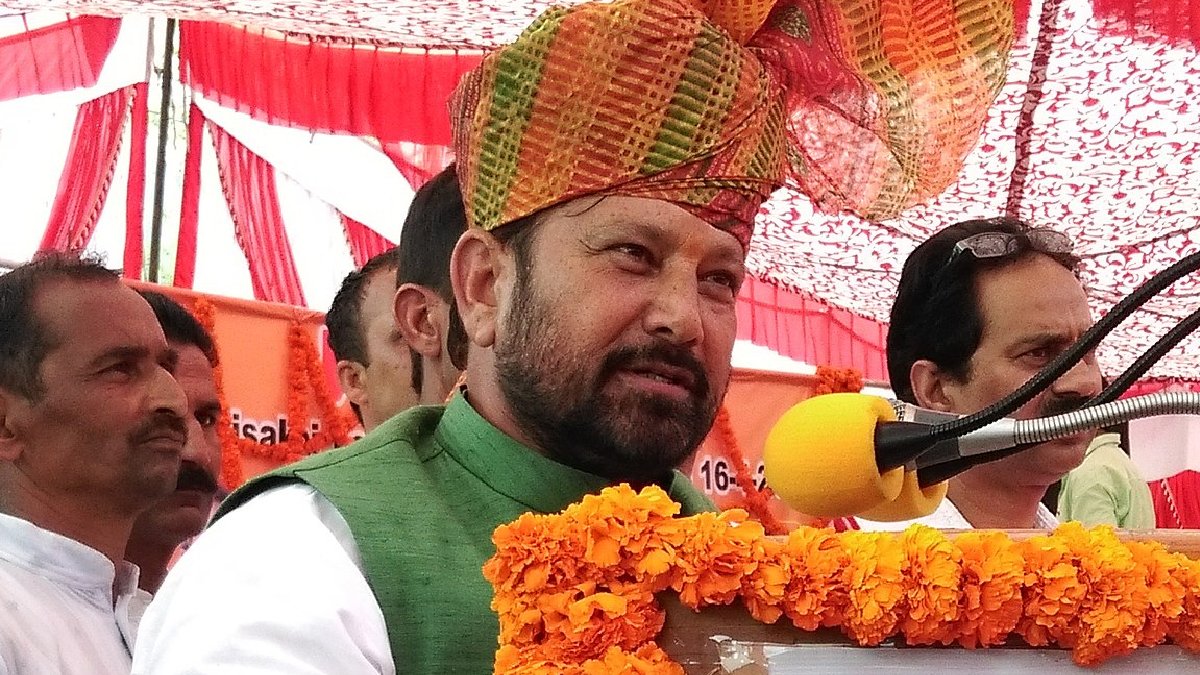
From triple talaq verdict to Jayalalithaa’s death, ‘breaking news brigade’ turns rumour monger
By misreporting about the triple talaq verdict initially, the Indian media once again fell prey to breaking news syndrome.
New Delhi, August 23: The speed with which the Indian media 'sprints' would definitely put world's fastest man, Usain Bolt, to shame. Since Bolt has retired, probably it is time for the Indian media to concentrate more on accuracy and clarity than just on speed as newsrooms after newsrooms--big and small--have been found guilty of repeatedly peddling "false" news in the garb of "breaking" news to the audience.

On Tuesday, while the Supreme Court was pronouncing its verdict on the historic triple talaq case, media houses in a hurry first reported that the apex court had upheld the practice of instant triple talaq and asked the Centre to bring in a new legislation if it wants to change the law.

This happened as reporters and their big bosses, editors, came to the conclusion after hearing what the Chief Justice of India JS Khehar had to say about the case.
Finally, after initial misreporting came the real and historic news that the five-bench judge of the apex court had actually struck down the practice of instant triple talaq by a 3-2 verdict, as majority of the judges found the centuries-old practice among Indian Muslims as unconstitutional, manifestly arbitrary and void in law.
However, the minority judgment concluded that "talaq-e-biddat" was a matter of personal law of Muslims that does not breach the Constitution's Article 25 (right to practice one's religion).
Recommended Video

CJI Khehar and his colleague Justice S Abdul Nazeer, constituting the minority in the five-bench Constitutional bench, ordered an injunction on triple talaq at least for six months -- by when the government should consider steps to initiate legislation on the issue.
Since it's a tradition for the senior-most judge, in this case, the CJI, to read his verdict first, thus the "breaking news brigade" thought it's the final verdict and concluded that the apex court had upheld the practice of instant triple talaq, spreading gloom across the country.
Imagine the Indian media doesn't even have the patience to hear out the full and final verdict from all the judges and simply jumped like a kid to believe what it wanted to believe to break the news first.
Even, OneIndia is guilty of initial misreporting in the triple talaq verdict like all our friends in the media, which we corrected soon.
Talking about the malaise of "breaking news" (a funny and often-mocked term which became fashionable only after the proliferation of private television news channels and over the years has become a dreaded two-word 'sword' for many journalists as they have to always prove themselves fast like a bullet train), the Indian media instead of taming the beast is encouraging the disease to spread like a wildfire. That is why almost all media houses misreported the triple talaq verdict.
Similar "facepalm moment" was experienced by the journalism fraternity last year while reporting the death of former Tamil Nadu Chief Minister J Jayalalithaa. Rather than waiting for a confirmation from Apollo hospitals in Chennai, where Jayalalithaa was undergoing treatment, media houses reported Amma's (as Jayalalithaa was popularly known among her supporters) death twice, within a period of a few hours.
It's not just about the triple talaq verdict or death of Jayalalithaa (who died on December 5, 2016), often newsrooms have believed false propagandas on social media too as "real" news to extensively report about them.
This happens as there is no time for fact-checking and everything has to be written and broadcasted at the fastest possible manner. And, the worst part is that most media houses don't have reporters on the ground to bring "real" news to the audience and thus rely on a few outlets to dispense news like some factory products.
So, when big names (read editors) cry foul about fake news, the onus lies on them to cure the disease at the earliest before it becomes a norm. As they say, speed thrills but kills, hopefully the "breaking news" brigade will ponder about where its "fast and furious" form of journalism is heading towards.
OneIndia News


 Click it and Unblock the Notifications
Click it and Unblock the Notifications































